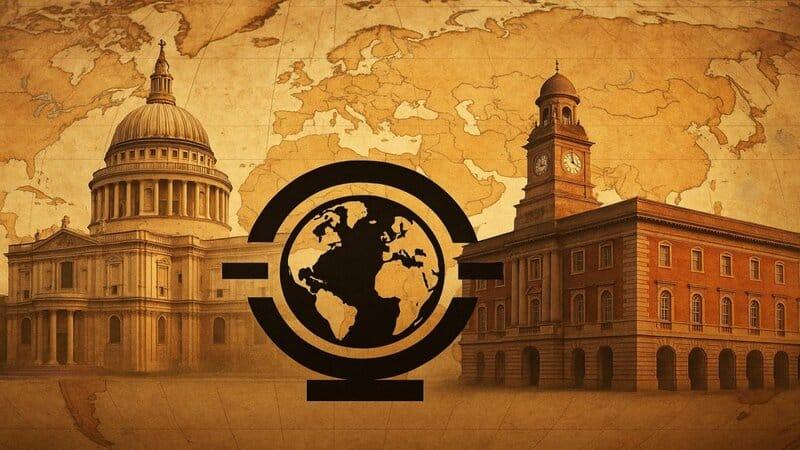3. Racial and Ethnic Hierarchies

Colonial administrations often institutionalized racial and ethnic hierarchies to maintain control, embedding systems of privilege and discrimination that endure today. In South Africa, this legacy is most notorious in the form of apartheid, while in India, colonial policies reinforced and manipulated the caste system. These divisions continue to manifest as social and economic inequalities, shaping access to education, employment, and political power.




















